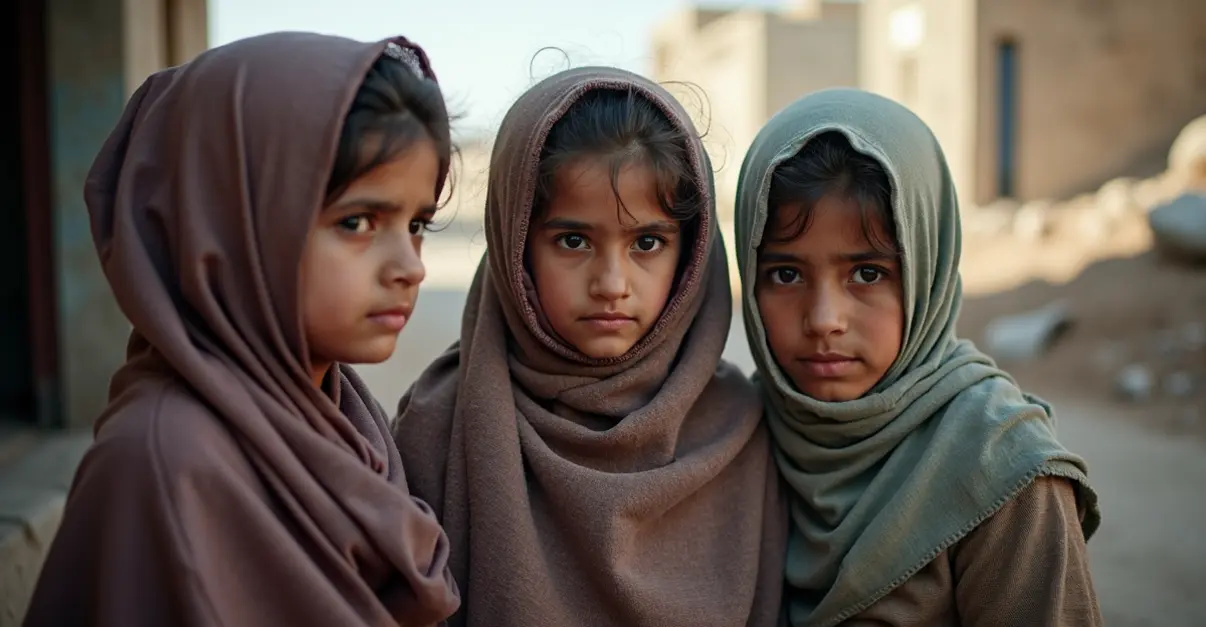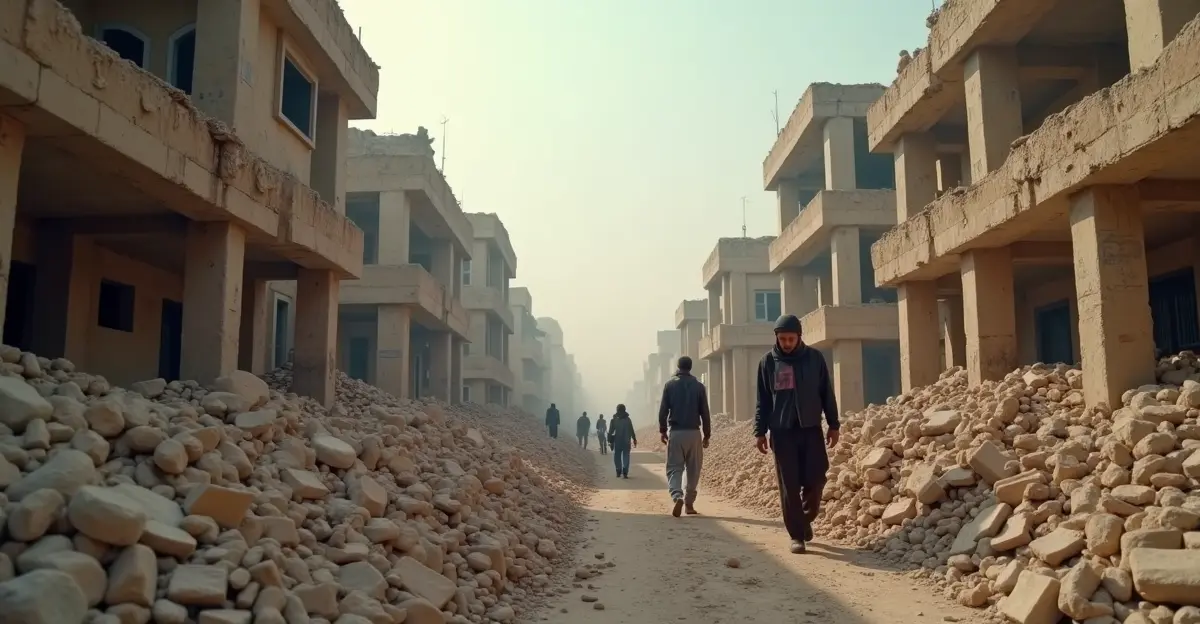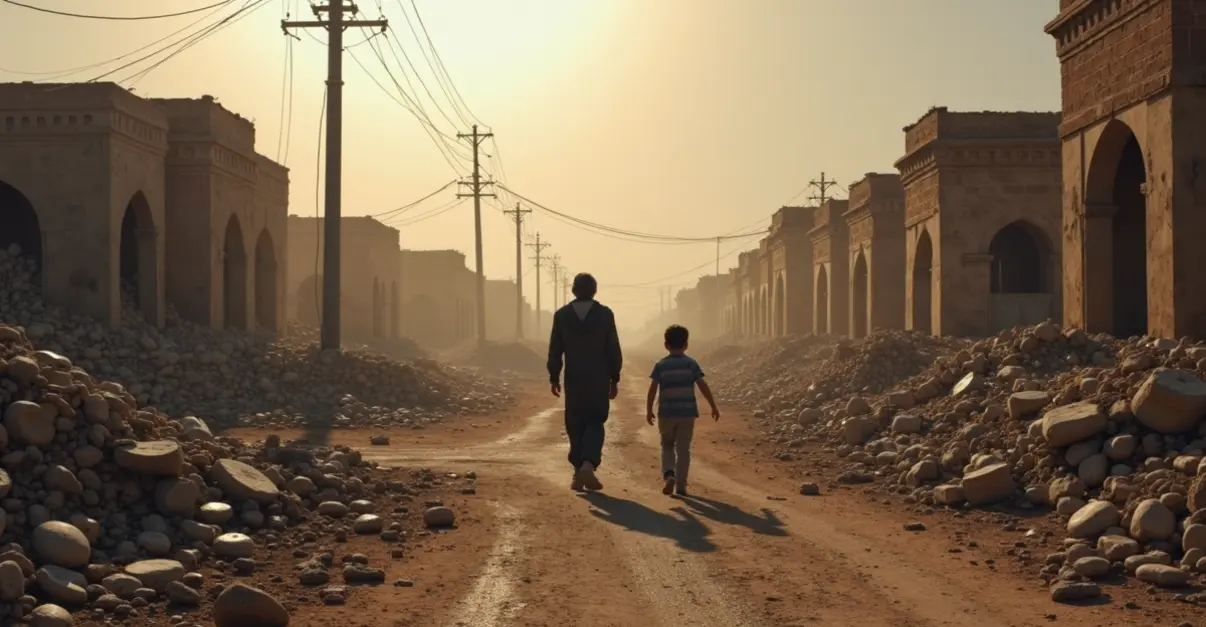
Deadly Earthquake Strikes Afghanistan's Northeast
A devastating earthquake measuring 6.3 on the Richter scale has struck northeastern Afghanistan, with the epicenter located in the mountainous regions of Kunar and Nangarhar provinces. The disaster has claimed over 1,400 lives and injured more than 3,200 people, while nearly 10,000 homes have been completely destroyed. The tremors were felt as far as Kabul, 240 kilometers away from the epicenter.
Humanitarian Crisis Worsened by Taliban Restrictions
International aid organizations are facing unprecedented challenges in delivering assistance due to the Taliban's strict gender segregation policies. Women in the affected areas are being denied critical medical care because of rules prohibiting male healthcare workers from treating female patients. This policy has created a life-threatening situation for thousands of injured women and girls.
Healthcare System Collapse
Since the Taliban regained power in 2021, Afghanistan's healthcare system has deteriorated significantly. Many health clinics in Kunar and Nangarhar provinces have closed due to funding shortages after international donors withdrew support. The departure of foreign aid organizations has resulted in a critical shortage of female healthcare workers, exacerbating the current crisis.
Cultural Barriers to Assistance
The affected regions are among Afghanistan's most conservative areas, where cultural norms prevent women from receiving medical care from male practitioners. Fereshta Wahedi, an Afghan-Dutch activist, explains: "In these provinces, it's much more unusual for women to be treated by male caregivers compared to Kabul or Herat. Women are always the victims of their gender in Afghanistan."
International Response and Challenges
Several countries including China, Pakistan, and Russia have pledged assistance, but many nations remain hesitant to provide aid directly to the Taliban-led government. The United States has suspended funding for healthcare programs in Afghanistan, previously crucial for disaster response through organizations like the Red Cross.
Winter Conditions Threaten Recovery
The approaching winter season poses additional threats to recovery efforts. Wahedi warns: "In October, it starts getting cold, and later heavy snow falls, especially in mountain areas. The roads are already poor, and when they become completely impassable, villages become isolated."
The Taliban government has allocated over one million dollars from its own resources and deployed helicopters for rescue operations. However, the lack of proper equipment for extracting people from rubble and poorly equipped hospitals continues to hamper relief efforts.

 Nederlands
Nederlands English
English Français
Français Deutsch
Deutsch Español
Español Português
Português







